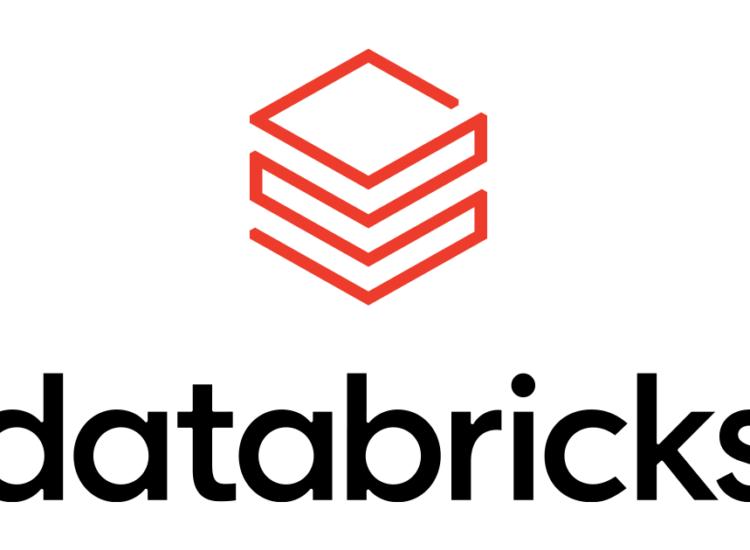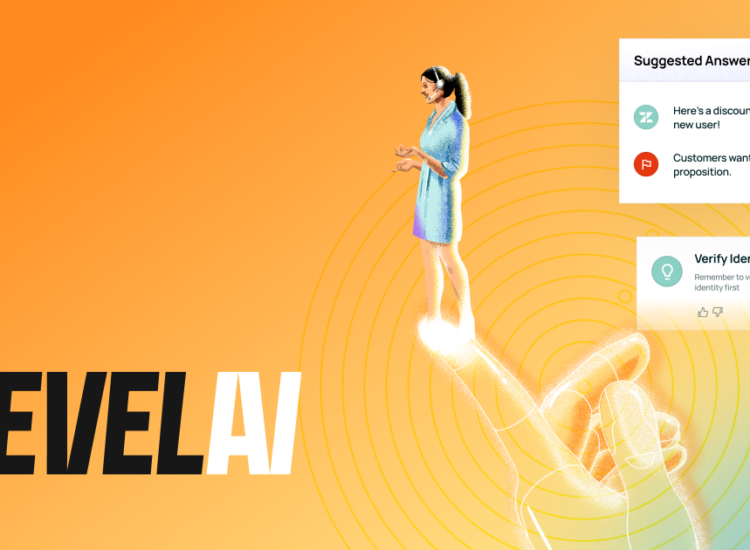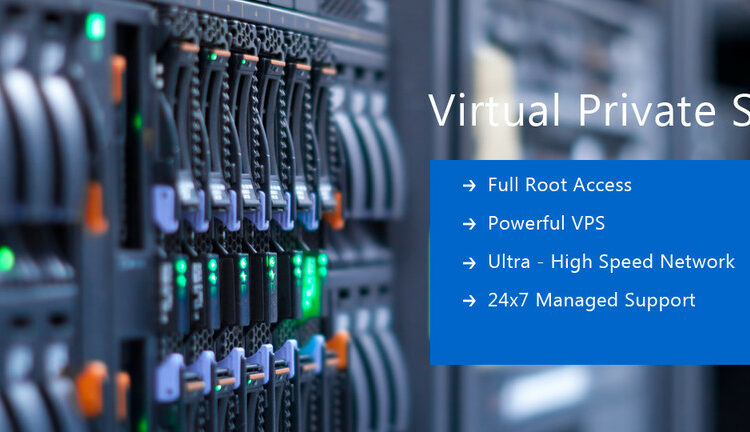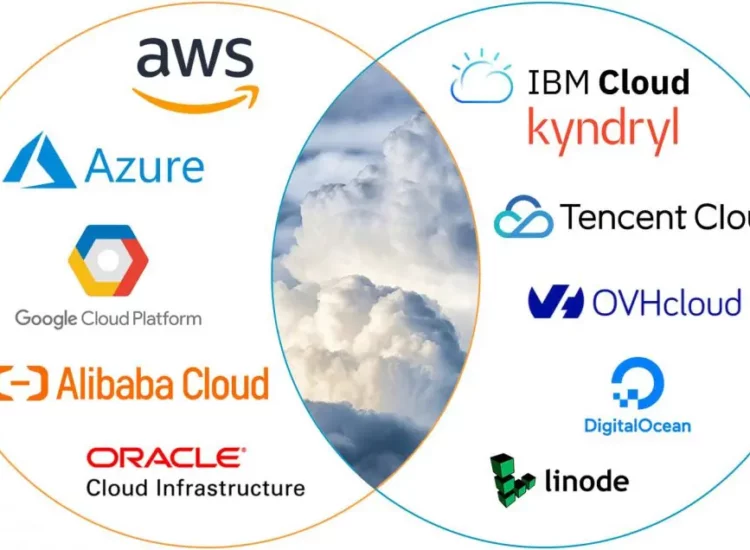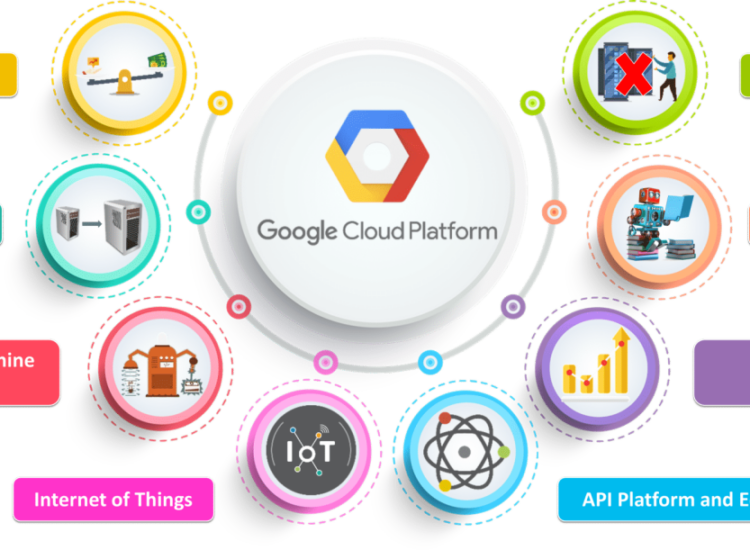In today’s rapidly evolving business landscape, call centers are more than just a touchpoint for customer queries; they’re the heart of customer experience. With the right tools, such as Call Center CRM (Customer Relationship Management) software, call centers can transform customer service from mundane to remarkable. This guide explores how call center CRM software is reshaping the way call centers operate, benefiting both the organization and its customers.
Toc
Introduction to Call Center CRM Software
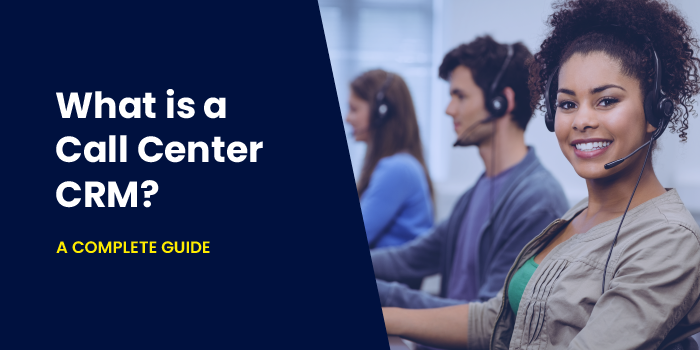
Call Center CRM software is not just another tech tool; it’s a strategic asset for managing customer interactions. By centralizing customer data and interaction history, it provides a 360-degree view of the customer, enabling personalized service that can significantly enhance customer satisfaction. The software also helps streamline call center operations, making it a game-changer for businesses of all sizes.
Understanding Call Center CRM: How It Works
Call Center CRM software acts as a comprehensive repository of all customer interactions. It integrates with various communication channels to collect data in real-time, ensuring that customer profiles are always up-to-date. This centralization enables agents to access complete customer histories, including past purchases, preferences, and any previous issues, allowing for more personalized and efficient customer service.
Why Call Center CRM?
Integrating Call Center CRM software into operations is pivotal for multiple reasons. Primarily, it optimizes communication by consolidating customer information, thus allowing customer service representatives to access all necessary data during interactions. This consolidation leads to more informed and efficient service, directly impacting customer satisfaction positively. Additionally, CRM systems are equipped with analytics and reporting features that provide insights into customer behavior and call center performance. These insights are invaluable for making data-driven decisions to improve service quality and operational efficiency. Furthermore, Call Center CRM can automate routine tasks, such as ticket routing and follow-ups, which frees up agents to focus on more complex customer needs, thus enhancing overall productivity.
Benefits of Call Center CRM Software
The benefits of using Call Center CRM software are numerous and far-reaching. Let’s dive into some key advantages that make it an essential tool for any call center:
- Improved Customer Experience: With access to comprehensive customer data, agents can personalize interactions and provide a more seamless service experience. This leads to happier, more satisfied customers, resulting in increased loyalty and retention.
- Increased Efficiency: Call Center CRM software streamlines workflows by automating routine tasks and providing real-time insights into customer needs. This helps agents resolve issues faster, reducing call handling time and increasing overall efficiency.
- Enhanced Data Management: With a centralized database, call center CRM software eliminates data silos and improves data accuracy. This makes it easier for agents to access and update customer information, leading to better-informed decisions and interactions.
- Improved Scalability: As businesses grow, so does their customer base. Call Center CRM software can easily scale with the organization’s needs, allowing for seamless management of increased call volumes without compromising on service quality.
Key Features of Call Center CRM Software
While each software may have its unique features, here are some essential ones to look out for when choosing a call center CRM software:
- Contact Management: This feature allows agents to store and manage customer contact information in one place, enabling them to pull up relevant data quickly during interactions. It should also allow for easy importing and exporting of customer data.
- Call Management: A good call center CRM software should have features such as call recording, routing, and queuing to help agents handle calls efficiently. The ability to track call metrics is also crucial for monitoring performance.
- Interactive Voice Response (IVR): IVR allows customers to self-select options and route themselves to the appropriate department, reducing call wait times and improving the overall customer experience.
- Ticketing System: This feature enables agents to create, track, and manage customer tickets for efficient issue resolution. It should also allow for collaboration between team members on the same ticket.
- Real-time Reporting and Analytics: With this feature, managers can access real-time data and analytics on call center performance, customer interactions, and agent productivity. This helps identify areas for improvement and make data-driven decisions.
- Integration Capabilities: Call Center CRM software should be able to integrate with other business tools such as email, chat, social media platforms, and helpdesk software. This ensures a seamless flow of customer data across all touchpoints.
Choosing the Right Call Center CRM Software
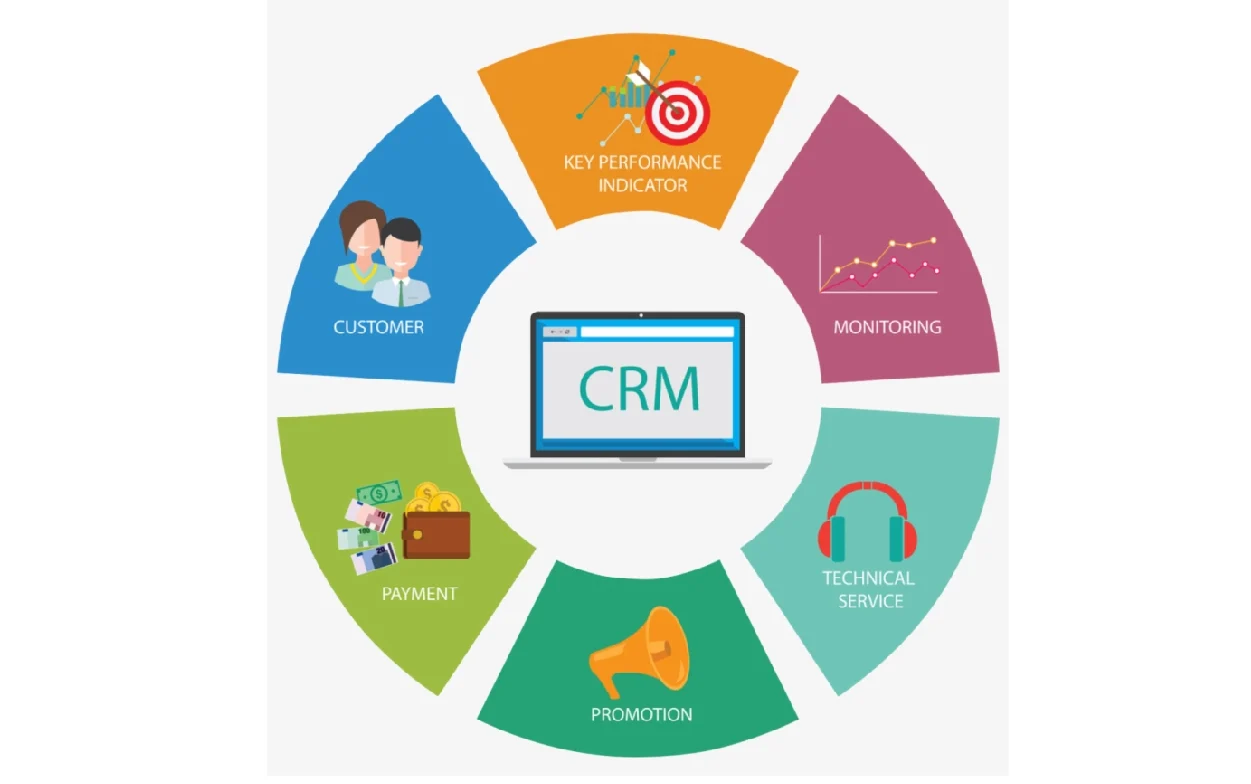
With a plethora of options available in the market, choosing the right call center CRM software can be overwhelming.
Key factors of Call Center CRM Software to Consider
Here are some key factors to consider when making your decision:
- Scalability: As mentioned earlier, your chosen software should be able to accommodate your organization’s growth and increasing call volumes without compromising on performance.
- Customizability: Each call center has its unique needs, and your chosen software should allow for customization to meet those needs. This could include custom fields, workflows, and reports.
- Ease of Use: The software should have a user-friendly interface that is intuitive and requires minimal training. This reduces the learning curve for agents, allowing them to quickly adapt to the new system.
- Integration Capabilities: As mentioned earlier, the software should seamlessly integrate with other business tools to ensure a cohesive flow of data.
- Cost and ROI: Consider the software’s cost and whether it provides a good return on investment. Look for features that directly impact customer satisfaction and overall call center efficiency.
In conclusion, implementing Call Center CRM software can be a game-changer for any call center. It improves customer experience, increases efficiency, and provides valuable insights into call center operations. When choosing a software, consider its key features and factors to ensure the best fit for your organization’s needs. So, it is essential to carefully evaluate different options and choose the one that aligns with your business goals and objectives. With the right Call Center CRM software, you can provide exceptional customer service and drive business growth. Happy CRM-ing! (Note: “Happy CRM-ing” is a playful phrase used in the CRM industry to signify successful usage and implementation of Call Center CRM software.) So, let’s get started and find the perfect Call Center CRM software for your call center today!
Tips for choosing the best Call Center CRM for your business
When navigating the complex world of Call Center CRM solutions, it’s beneficial to lean on a set of actionable tips that can guide you towards the ideal choice for your business. Here are some invaluable pointers:
- Conduct Thorough Research: Begin by listing down your call center’s specific needs and objectives. Use this list as a guide to research various CRM options. Pay special attention to case studies or testimonials from businesses similar to yours to understand the real-world application and benefits of the software.
- Request Demos and Free Trials: Most CRM providers offer demos or free trial periods. Take advantage of these offers to get a firsthand look at how the software operates. It’s a valuable opportunity to see if its features and interface align with your expectations and meet your call center’s needs.
- Evaluate Support and Training: The level of support and training provided by the software vendor is critical. Ensure that they offer comprehensive training resources to facilitate a smooth transition for your team. Additionally, assess the responsiveness and availability of their support team for ongoing assistance.
- Check Reviews and Feedback: Online reviews and feedback from current users can provide insightful information about the software’s performance and reliability. Look for comments regarding the software’s uptime, ease of use, customer service quality, and any limitations users may have encountered.
- Consider Security and Compliance: Ensure that the software complies with relevant regulations and standards, such as GDPR for European customers or HIPAA for healthcare-related call centers in the United States. The security of your customer’s data should be a top priority.
By carefully considering these tips and thoroughly evaluating your options, you can select a Call Center CRM software that not only meets your current needs but also scales with your business’s growth. Remember, the goal is to enhance customer satisfaction and operational efficiency, making the selection process crucial to your call center’s success.
Implementation of Call Center CRM Software
Once you have chosen the right Call Center CRM software, it’s time to implement it in your call center.
Steps to implement Call Center CRM software in your organization
- Communication and Training: Ensure effective communication with all team members about the upcoming changes and the benefits of the new software. Conduct training sessions to familiarize agents with the software’s features, interface, and functionalities.
- Data Migration: If you are transitioning from an old CRM system or manual methods, it is crucial to ensure a smooth and accurate transfer of data to the new software. This could include customer information, call logs, interaction history, and other relevant data.
- Customization: Take advantage of the software’s customization features to tailor it to your organization’s specific needs. This could include custom fields, workflows, reports, and dashboards.
- Integrate with Existing Systems: Ensure seamless integration with other business tools, such as your phone system, email software, or helpdesk software. This allows for a cohesive flow of data and enhances overall efficiency.
- User Acceptance Testing: Before going live with the new software, conduct thorough testing to identify any potential issues or bugs that need to be addressed.
- Go Live and Monitor: Once all systems are in place, it’s time to go live with the new software. Monitor its performance and gather feedback from team members to make any necessary adjustments.
- Ongoing Maintenance and Updates: Keep the software up-to-date with regular maintenance and updates to ensure optimal performance and access to new features as they become available.
Challenges in Call Center CRM Implementation
Implementing Call Center CRM software, while beneficial, is not without its challenges. Successful deployment requires careful planning, resources, and adaptation across the organization.
Among the most common challenges faced during the implementation of Call Center CRM software are:
- Resistance to Change: One of the biggest obstacles can be the resistance to change from staff. Change can often be met with skepticism or fear, especially if team members are comfortable with existing systems and processes. Overcoming this requires clear communication about the benefits and training to ensure a smooth transition.
- Technical Issues: Technical glitches and integration issues with existing systems can arise. Ensuring compatibility and conducting thorough testing before full implementation can mitigate these challenges.
- Data Integrity: The process of migrating data to a new CRM system must be handled with care to ensure that all customer information is accurately transferred without loss or corruption. This step is critical to maintaining trust and continuity in customer relationships.
- Cost Overruns: The financial aspect of implementing a new CRM system can sometimes exceed initial budgets. This can happen due to unanticipated expenses in training, data migration, or additional customizations needed. Planning for contingencies in the budget can help manage these surprises.
- Training and Adoption: Ensuring that all team members are fully trained and comfortable with the new system can be a significant undertaking. Continuous support and training are essential for adoption and making the most of the CRM’s features.
Addressing these challenges requires careful planning, patience, and a commitment to continuous improvement. By acknowledging and preparing for these potential hurdles, call centers can ensure a smoother transition to their new CRM software, ultimately leading to improved customer service and operational efficiency.
Real-World Examples of Call Center CRM Success
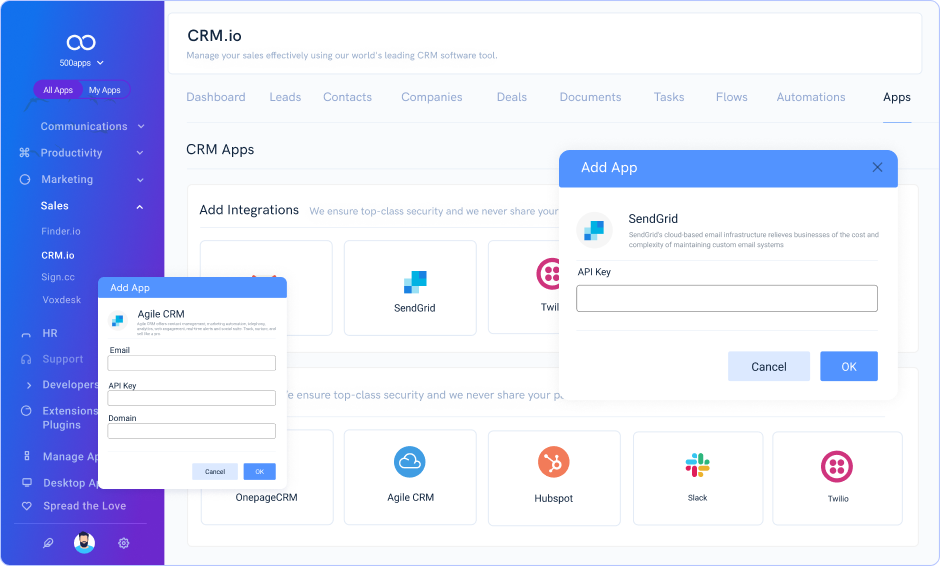
Enhancing Customer Experience with CRM Integration
Several organizations have harnessed the power of Call Center CRM software to transform their customer service operations, achieving remarkable success in customer satisfaction and operational efficiency. These real-world examples serve as testimony to the potential benefits of effective CRM implementation.
Telecom Giant Boosts Customer Satisfaction: A leading telecommunications company implemented a Call Center CRM solution that integrated seamlessly with their existing systems, including their IVR and email management tools. By providing a 360-degree view of customer interactions across multiple channels, the CRM enabled agents to offer personalized service and resolve issues faster. The result was a significant increase in customer satisfaction scores and a reduction in call handling times.
E-commerce Platform Enhances Efficiency: An e-commerce giant customized their CRM software with automation features that streamlined workflow processes, from customer inquiries to resolution. This not only expedited response times but also reduced the workload on agents, allowing them to focus on complex customer needs. The efficiency gains contributed to a higher customer retention rate and increased sales.
Healthcare Provider Ensures Compliance and Security: A healthcare provider chose a CRM solution that was compliant with HIPAA regulations, ensuring the privacy and security of patient data. The CRM’s data encryption and strict access controls provided peace of mind to both the provider and its patients, while integration with electronic health records (EHR) systems improved patient care by offering a comprehensive view of patient interactions.
Financial Services Firm Drives Sales: A financial services firm utilized CRM software to track customer interactions and analyze data for insights into customer behavior. By leveraging this information, they were able to identify cross-selling and upselling opportunities, leading to increased sales and a higher lifetime value per customer.
These examples highlight the importance of choosing the right CRM software and tailoring its implementation to suit the unique needs of an organization. With the right approach, Call Center CRM systems can not only solve the immediate challenges of managing customer interactions but also drive long-term business growth and success.
Streamlining Customer Service through Automation
Automation stands as a pivotal feature in modern Call Center CRM systems, offering unprecedented possibilities to enhance customer service efficiency. Incorporating automation tools within CRM can significantly reduce response times and improve the accuracy of service. For example, automated ticketing systems can instantly acknowledge customer queries and route them to the appropriate department, ensuring that no customer request goes unnoticed. Furthermore, chatbots and AI-driven assistants can handle routine inquiries, freeing up human agents to tackle more complex issues that require a personal touch. This not only optimizes resource allocation but also ensures customers receive timely, relevant assistance.
By taking advantage of these automation capabilities, organizations can achieve a higher level of service personalization and responsiveness. The result is a more satisfying customer experience that fosters loyalty and encourages repeat business. In addition, the data collected through automated interactions provides valuable insights into customer preferences and behavior, allowing businesses to continuously refine their service offerings and achieve a competitive edge in today’s fast-paced market.
Conclusion: The Value of Call Center CRM
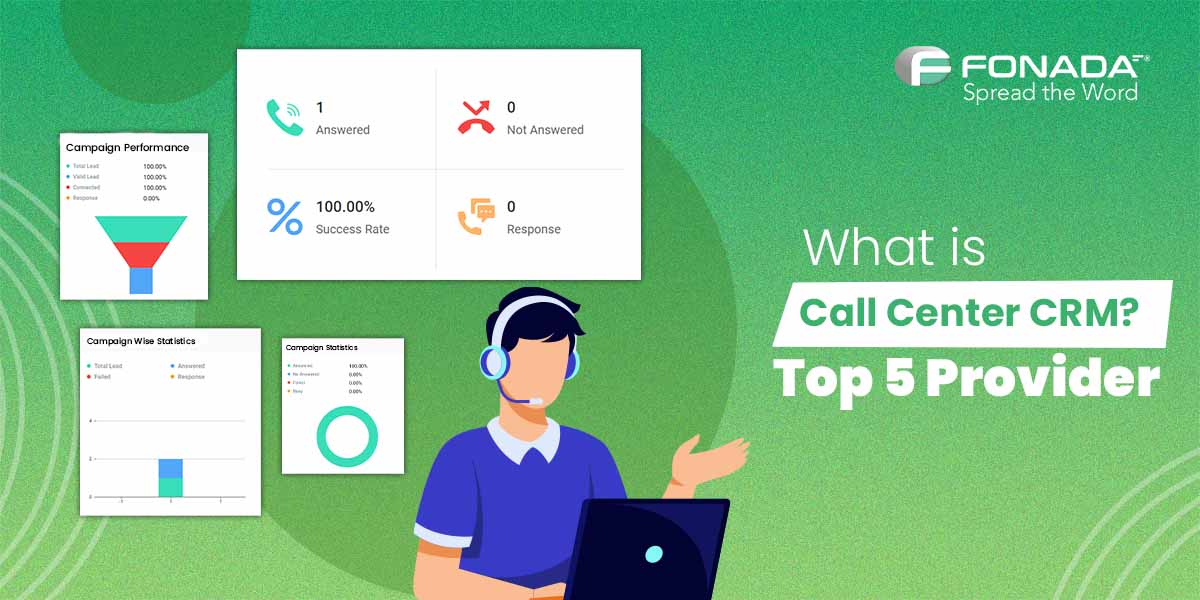
In conclusion, call center CRM software is an invaluable tool for enhancing customer service, increasing efficiency, and improving decision-making. By centralizing communication, providing detailed customer insights, and automating repetitive tasks, it enables call centers to meet and exceed customer expectations. For call center managers looking to elevate their customer service, investing in the right CRM software is a step toward future-proofing their operations.
Considering the competitive advantage it offers, the question isn’t whether your call center can afford to implement CRM software—it’s whether you can afford not to.
